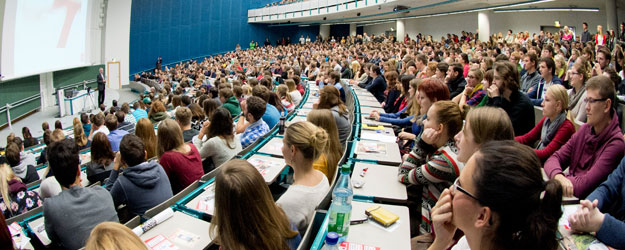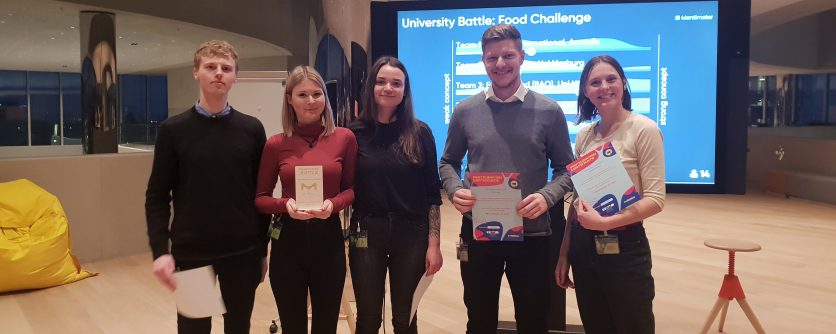 |  |
How does technology change our lives – and what does society have to do with it?
Whether it's AI, the energy transition or digital platforms: New technologies are not only changing what is possible, but also how we live, work and interact with each other. In the Sociology of Technology and Innovation department, we take a close look: We research how innovations come about, who drives them forward, what interests are involved - and what this all means for society.
If you are curious about how sociological thinking can be used to better understand (and sometimes predict) technological developments, then you have come to the right place. In our teaching, we combine theory with practice, social issues with current topics - and invite you to accompany change with knowledge.
How does technology change our lives – and what does society have to do with it?You are interested in technology, innovation, societies and change? Then this is right for you! What we are doing:
How we work:
| Be part of it!
Contact us! |
News
Teaching – FB 02 – Sociology – Technology and Innovation
-
Webinar Culture and AI, July 6, 2021 14:00-17:00 CET:
Click here for registration While AI is an intensively debated topic, the impact of AI on the social and cultural life is less investigated. This will be highlighted in the webinar. The webinar will consist of talks of three experts in the domain of AI and culture and will conclude with a plenary discussion of the speakers. Talks: Sascha Dickel Title: "Communicative Robots and (Post-)human Identities" Abstract: With the rise of communicative robots like Amazon’s Alexa, language-based interaction with machines is increasingly becoming part of our everyday life. This presentation uses the case of communicative robots to investigate the changing relationship between humans and machines. I suggest that communicative robots challenge established boundaries of the social world but nevertheless reproduce a cultural asymmetry between human and non-human actors. Person: My research profile connects an academic background in sociology with a transdisciplinary career trajectory in science & technology studies. One of […] -
Team of the JGU wins the 4th place of the "Frontier of Food" challenge:
As part of the "Innovation Networks" seminar, which was led by Prof. Dr. Petra Ahrweiler, a group of sociology students successfully participated in the "Frontier of Food" Challenge, finishing in 4th place. The interdisciplinary challenge was organized by Merck KGaA and Ekipa. The topic was "the future of food", which was handled very differently by the student teams. The JGU team has worked on the subject of Clean Meat, developing a concept of how Merck could establish Clean Meat products on the market and simultaneously become a central actor for innovation in this area. For the first place it was not enough, nonetheless the team could be happy about winning 1000 euro prize money. The first place was taken by a team from the University Wageningen (Netherlands), which has developed a process for the fermentation of fruits. -
Seminar for JGU students in summer semester 2019 (March 2018):
Fellows of the „Studienstiftung des deutschen Volkes“ (German Academic Scholarship Foundation) at St. John’s College of University of Cambridge, UK are invited to join the course „Policy Modelling Using Agent-Based Simulation“ led by Prof. Dr. Petra Ahrweiler and fellow sociologist Prof. Dr. Nigel Gilbert (University of Surrey, UK) in late Summer 2018 at the Studienstiftungs-Akademie „Zukunft. Future“ in Cambridge, UK.
